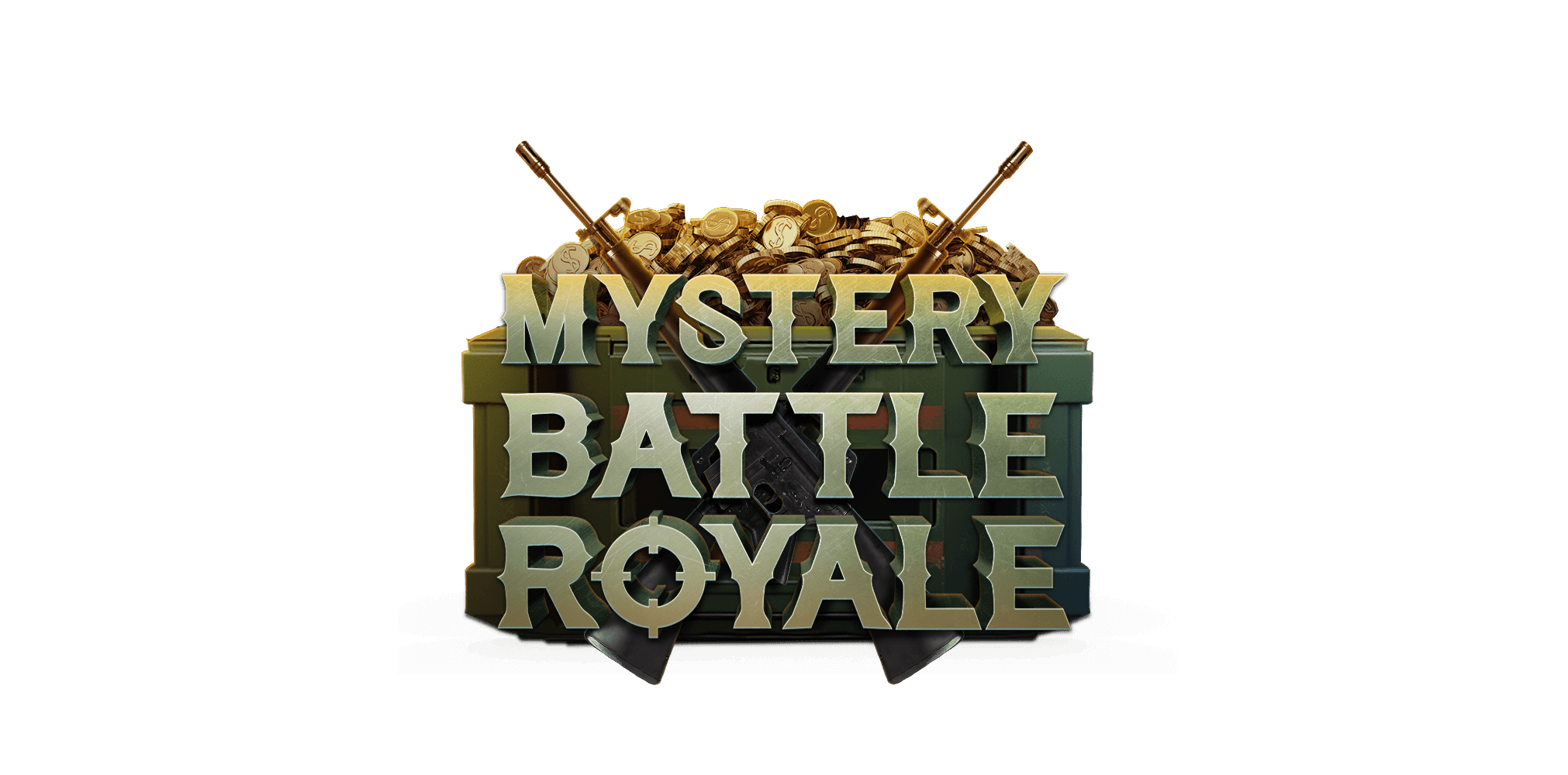
Playing poker is a thrilling journey that combines skill, strategy, and a pinch of luck. Whether you’re a seasoned professional or a budding enthusiast, one aspect remains critical to long-term success: bankroll management. It’s the art of balancing risk and reward, ensuring you stay in the game without risking more than you can afford to lose. Let’s delve into the fundamentals of bankroll management and why it’s indispensable for every poker player.
What is Bankroll Management?
At its core, bankroll management involves setting aside a specific amount of money solely for playing poker. This amount, known as your “poker bankroll,” should be separate from your everyday finances. Proper management of this bankroll ensures that you can weather losing streaks while capitalizing on winning runs.
Think of your bankroll as your safety net. Without it, even the most skilled players can fall prey to the volatile nature of poker, where swings are inevitable.
Why is Bankroll Management Crucial?
1. Minimizing Financial Stress
Poker is a mental game, and financial worries can severely impact your performance. Proper bankroll management eliminates the stress of losing money you can’t afford to lose, allowing you to focus entirely on your gameplay.
2. Protecting Against Variance
Variance is an inherent part of poker. Even the best hands can lose in the short term due to unlucky draws. By allocating an appropriate bankroll, you can absorb these losses without going broke.
3. Enhancing Decision-Making
When your bankroll is on the line, emotions can cloud judgment. However, if you’re playing within your limits, you’re less likely to make impulsive decisions, enabling you to stick to a well-thought-out strategy.
Key Bankroll Management Tips
1. Set Clear Limits
Determine how much money you’re comfortable allocating to poker. This should be an amount you can afford to lose without compromising your financial stability.
2. Choose the Right Stakes
The golden rule of bankroll management is to play stakes that align with your bankroll size. A common guideline is to have at least 20-30 buy-ins for cash games or 50-100 buy-ins for tournaments. For example, if your bankroll is ₹50,000, you should avoid tournaments with a buy-in exceeding ₹1,000.
3. Track Your Results
Maintain a detailed record of your poker sessions. Tracking wins, losses, and overall profitability helps you identify trends and adjust your strategy accordingly.
4. Avoid Chasing Losses
Every poker player faces losing streaks. Resist the urge to increase stakes in an attempt to recover losses quickly. Stick to your bankroll limits and focus on long-term growth.
5. Adjust Your Bankroll Based on Progress
As your bankroll grows, you can consider moving up to higher stakes. Conversely, if you face a significant downswing, it’s wise to drop down to lower stakes until you rebuild your bankroll.
6. Treat Bonuses and Rewards Strategically
If you play on platforms like Natural8 India, take advantage of bonuses and promotions to boost your bankroll. However, always integrate these into your overall strategy rather than relying solely on them.
Common Bankroll Mistakes to Avoid
1. Playing Without a Dedicated Bankroll
Mixing your poker funds with personal finances is a recipe for disaster. Always keep your bankroll separate to ensure clarity and accountability.
2. Ignoring Variance
Underestimating variance can lead to overly aggressive play and quick bankroll depletion. Stay disciplined and maintain sufficient buy-ins.
3. Not Having a Stop-Loss Policy
A stop-loss policy prevents you from continuing to play after reaching a set loss limit in a single session. This helps you avoid emotional decisions and preserves your bankroll.
4. Overestimating Skill Level
Moving up in stakes too quickly, believing your skills are superior, can backfire. Always ensure your bankroll and skill level align with the stakes you’re playing.
Conclusion: Bankroll Management is Your Poker Lifeline
Success in poker is not solely about making the best plays; it’s also about managing your resources wisely. Bankroll management is a discipline that separates the amateurs from the professionals. By setting clear limits, respecting variance, and making calculated decisions, you ensure that your poker journey is both sustainable and enjoyable.
Remember, the objective isn’t just to play poker it’s to keep playing poker. Mastering bankroll management is the first step toward long-term success at the tables. So, whether you’re grinding cash games or chasing tournament glory, treat your bankroll like your most valuable asset.
















